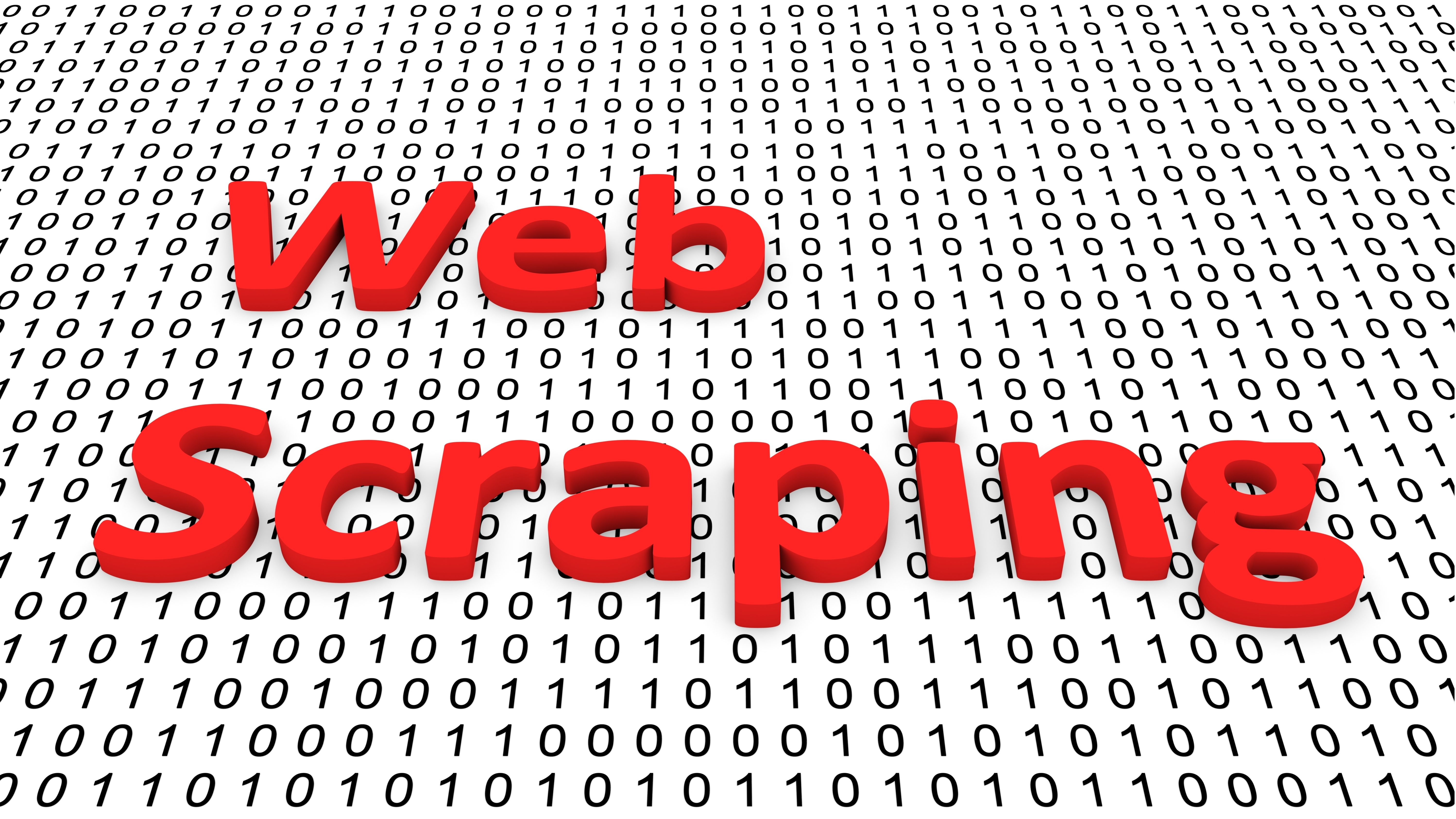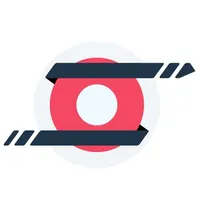What is web scraping, and how are businesses using it to gain an edge?
Automatically extract business-crucial information from thousands of websites

What is web scraping?
Web scraping (web data extraction, web harvesting) is the process of fetching data from websites to be processed later. Typically, web scraping is performed by semi-automated software that downloads web pages and extracts specific, useful information. You can parse, reformat, or store the information in a database.
What does web scraping do?
- Scans a set list of URLs
- Extracts a specific set of data from each website page
- Converts the data into a particular format
- Stores the data in a database or spreadsheet
- Alternatively, the web scraper feeds the data into other software for further processing
How departments can use web scraping
Marketing
Web scraping can be used to parse websites for names, telephone numbers, and email addresses. Known as contact scraping, this automates the process of finding the right contact details for a marketing lead.
Sales
The sales department can use web scraping to stay informed about current prices on the market. Web scraping can monitor price changes, gather competitor details, and provide invaluable research insights for potential sales opportunities.
Customer service
Businesses can use web scraping to automatically find and process reviews left on their products, to gauge customer sentiment. Agile businesses that respond quickly to negative reviews are seen as being more customer-focused.
Social media can also be scanned by web scraping tools to help find instances where proactive customer service could improve overall customer sentiment.
Sign up to the TechRadar Pro newsletter to get all the top news, opinion, features and guidance your business needs to succeed!
Get an exclusive discount with SmartProxy, active for three Residential Proxies Micro, Starter and Regular plans. With this discount, you will save 15% from the overall amount.
Features and benefits of web scraping
Web scraping is fast
While you can manually perform typical web scraping tasks, an automated web scraper performs them quicker and more efficiently. Parsing an entire website can take just minutes with a web scraper. It would take several hours for a human to perform the same task.
Web scraping is cost-effective
Web scrapers perform a complicated but repetitive task efficiently. Instead of employing a team of researchers to manually pore over websites and perform analyses, you can run a web scraper at a minimal cost.
Web scraping is scalable
The sheer amount of data on the internet makes the manual parsing of all data a significant task. As your data scraping needs grow, a team of researchers simply can’t manage to process all the data in a timely fashion.
Web scraping is a software solution that can be run 24/7, and scale as much as your business requires.
Web scraping is flexible and versatile
At its core, web scraping is about taking data in one format (i.e., HTML on a website) and converting it into another format. You could store the data in a spreadsheet, or send the data directly to other software applications in real-time.
For example, you could use web scraping to pull prices from multiple websites at once, and display these prices on your price comparison website.
Web scraping has minimum maintenance costs
Once you’ve set up your web scraping system, you rarely need to maintain it or modify how it works. This makes web scraping an economical option compared to traditional ways of researching data online.
In some cases, you could tweak the types of information your web scraping tools pull from websites, but this only requires changing a few software settings.
How much does web scraping cost?
You can build a web scraper internally, hire a third party to build a web scraper for you, or outsource your web scraping needs to a web scraping service provider. Unless you have a skilled team of developers, the most economical and straightforward option is to choose a third-party provider.
As an example, proxy provider Smartproxy provides a web scraping API plan that starts at $50/month for a maximum of 25,000 requests. The pricing scales with the number of requests you need, so a maximum of 625,000 requests costs $500/month.
Web scraping FAQ
What is web scraping used for?
Web scraping is used by companies for many reasons. Real estate agents use web scrapers to find available properties for rent, for example. Comparison shopping sites use web scrapers to find the lowest online prices.
Many businesses use web scrapers to generate leads by collecting contact information about potential clients. And all businesses can use web scraping to research industry trends and market insights.
Is web scraping legal?
Web scraping is legal, but you must ensure you only scrape from websites that are publicly available. It can also harm websites like TechRadar in a most insidious way.
What is an example of web scraping?
Businesses often use web scraping tools to search for contact details on websites. These are fed into a central database by the web scraping software. The company’s sales reps can then use the data to contact each lead, generating business for the company.
How do I learn web scraping?
If you want to write your own web scraper, Python is a popular programming language to choose. Udemy offers online video courses on building a web scraper in Python. You can read more about this online course website in our Udemy review.
For easier access to web scraping, Smartproxy offers a no-code scraper plan, so you can scrape websites without having to write a line of code.
Why is Python used for web scraping?
Python is a popular programming language for web scrapers because it already has excellent web-scraping libraries in Beautiful Soup and Scrapy. Python is a good all-around language that’s easy to understand, with many features focused on parsing HTML.
Other popular languages and frameworks for web scraping include Node.js, Ruby, PHP, and C++.
Main takeaways
- You use web scrapers to parse website data
- They convert the information found into a more usable format
- Web scrapers are often used for research, lead generation, and consumer sentiment monitoring
- Web scrapers are cost-efficient, scalable, fast, and flexible
- Once a web scraper is set up, it requires minimal ongoing maintenance
Further reading
We recently covered the LinkedIn web scraping court case, where web scraping was officially deemed legal in the U.S., and we looked at how web scraping is changing ecommerce.
We’ve also discussed how web scraping has found new uses in the web security sector, such as in finding phishing websites and helping to protect intellectual property.
Richard brings over 20 years of website development, SEO, and marketing to the table. A graduate in Computer Science, Richard has lectured in Java programming and has built software for companies including Samsung and ASDA. Now, he writes for TechRadar, Tom's Guide, PC Gamer, and Creative Bloq.

